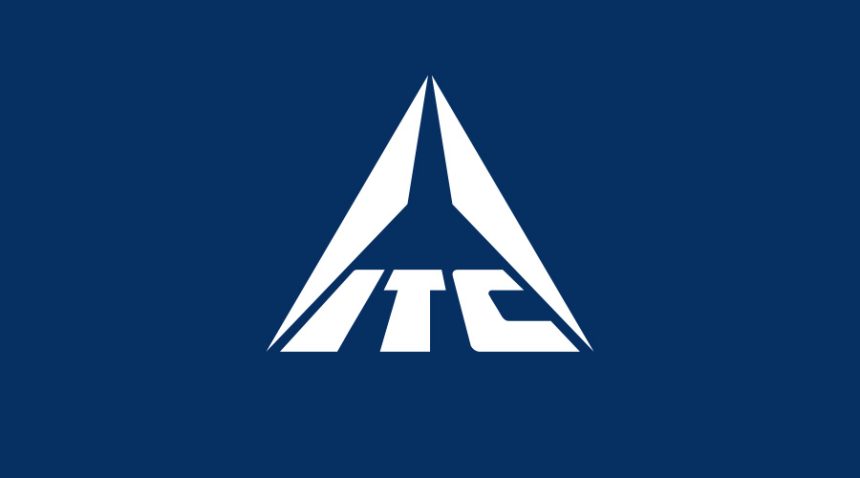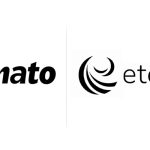ITC reported 7% lower net profit at ₹4,935 Cr, but revenue surged 8% to ₹20,350 Cr
ITC Limited, a diversified conglomerate in India, released its financial results for the third quarter ending December 31, 2024. The company reported a 7% year-on-year decline in consolidated net profit, amounting to ₹4,935 crore, compared to ₹5,335 crore in the same period the previous year.
Despite the drop in net profit, ITC’s revenue from operations increased by 8% year-on-year, reaching ₹20,350 crore, up from ₹18,880.4 crore in the corresponding quarter of the previous fiscal year.
Segment-wise Performance
Cigarettes:
The cigarette segment experienced an 8% growth in revenue, while profit before tax (PBT) increased by 4% year-on-year. The company implemented strategic portfolio adjustments and market initiatives, focusing on competitive regions and addressing illicit trade to drive volume-led growth and strengthen its market position. However, a significant rise in leaf tobacco costs impacted margins, which was partially mitigated through an improved product mix, strategic pricing, and targeted cost management efforts.
FMCG (Fast-Moving Consumer Goods):
The FMCG segment delivered a 4% year-on-year increase in revenue, totaling ₹5,418 crore. Growth was driven by products such as atta, spices, snacks, frozen snacks, dairy, premium personal wash, homecare, and agarbatti. The company faced significant inflationary pressures across key inputs, including edible oil, wheat, maida, potato, and cocoa during the quarter.
Hotels:
The hotels business achieved a revenue of ₹922 crore, marking a 15% year-on-year growth. Profit before tax surged by 43% to ₹302 crore. EBITDA margins improved by 450 basis points year-on-year, driven by higher Revenue Per Available Room (RevPAR), operational efficiencies, and strategic cost management initiatives. Notably, effective January 1, 2025, the hotels business was demerged into ITC Hotels.
Agri Business:
The agri business segment’s revenue increased by 10% year-on-year, propelled by leaf tobacco and value-added agri exports. Profit before interest and tax (PBIT) rose by 22% during the reporting period. The value-added agri portfolio recorded strong growth, particularly in coffee exports. The business leveraged its state-of-the-art value-added spices processing facility in Guntur to scale up exports.
Paperboards, Paper & Packaging:
This segment faced challenges due to low-priced supplies from China and Indonesia entering global markets, including India. Soft domestic demand, a significant increase in domestic wood costs, and subdued realizations further impacted performance.
Dividend Declaration
The Board of Directors declared an interim dividend of ₹6.5 per share for the financial year ending March 2025. The record date for determining the entitlement of members for this dividend is set for February 12, 2025. The dividend is scheduled to be paid between March 6 and March 8, 2025.
Analysis
The decline in net profit, despite revenue growth, can be attributed to several factors:
Increased Input Costs:
The company faced sharp escalations in input costs across various segments, notably in leaf tobacco for the cigarettes business and key raw materials for the FMCG segment.
Market Challenges:
The paperboards, paper, and packaging segment encountered stiff competition from low-priced international supplies and rising domestic wood costs, affecting profitability.
Strategic Investments:
Investments in strategic initiatives, such as market interventions in the cigarettes business and scaling up value-added agri exports, may have led to higher operational expenses in the short term.
Overall, ITC demonstrated resilience by achieving revenue growth across most segments, despite facing a subdued demand environment and significant input cost inflation. The company’s diversified portfolio and strategic initiatives have contributed to its ability to navigate these challenges.
Investors will closely monitor how ITC manages input cost pressures and competitive challenges in the coming quarters. The company’s focus on strategic cost management, product mix enhancement, and market expansion will be critical factors influencing its financial performance moving forward.






